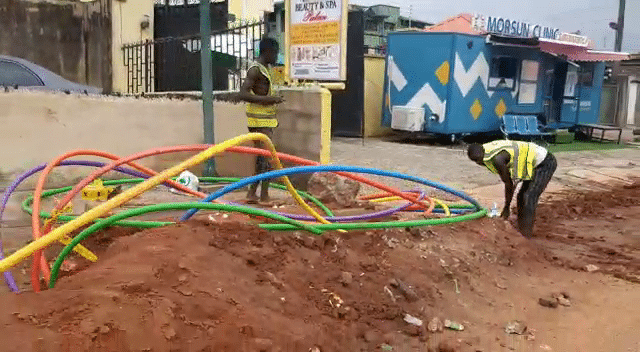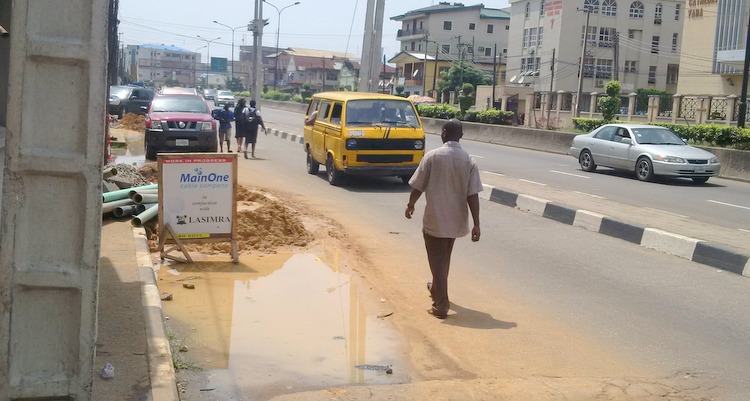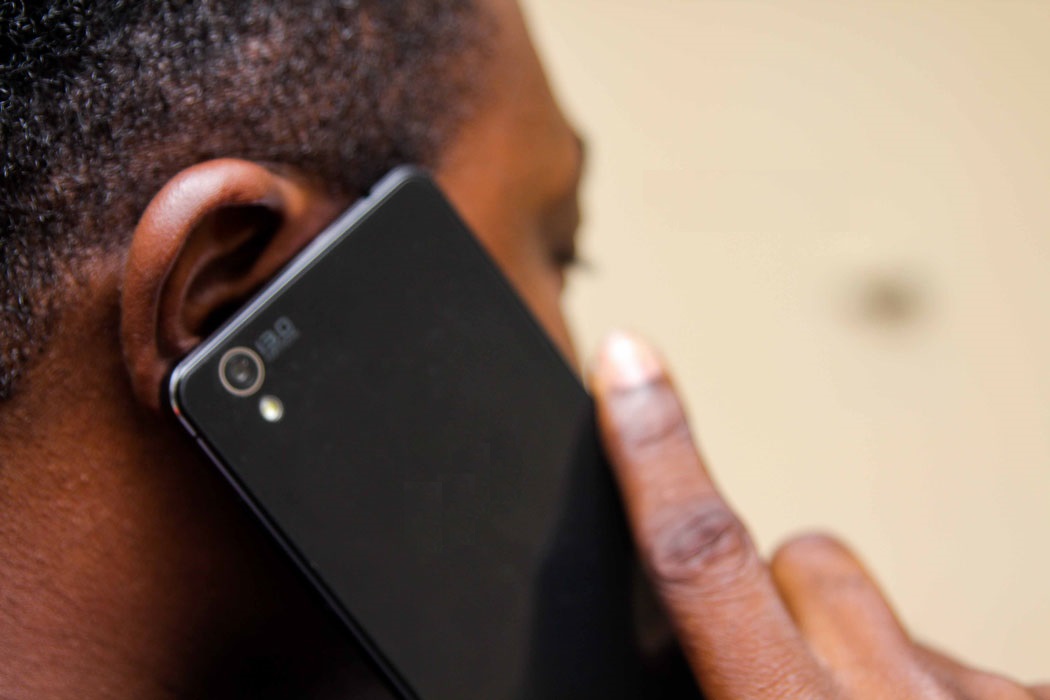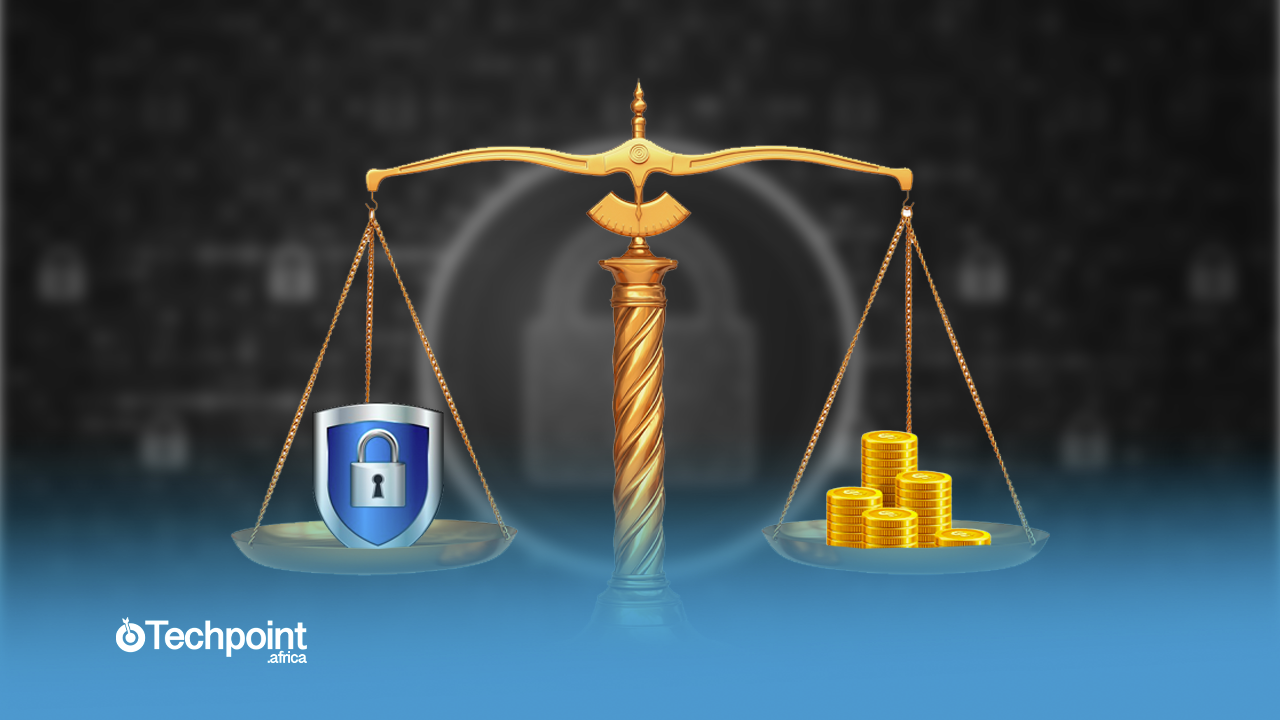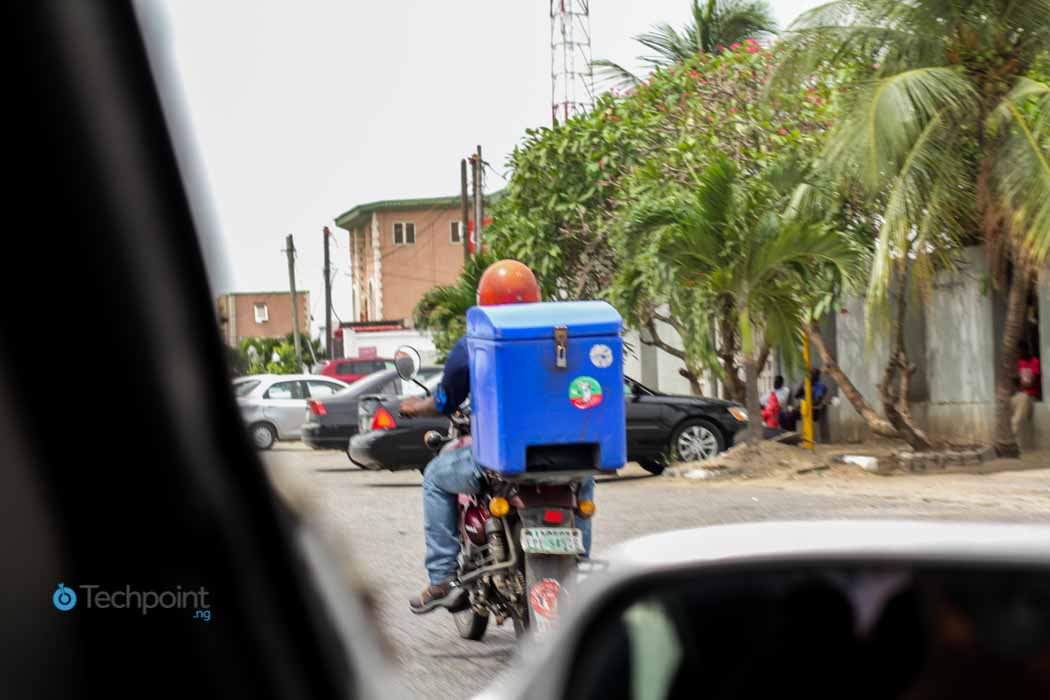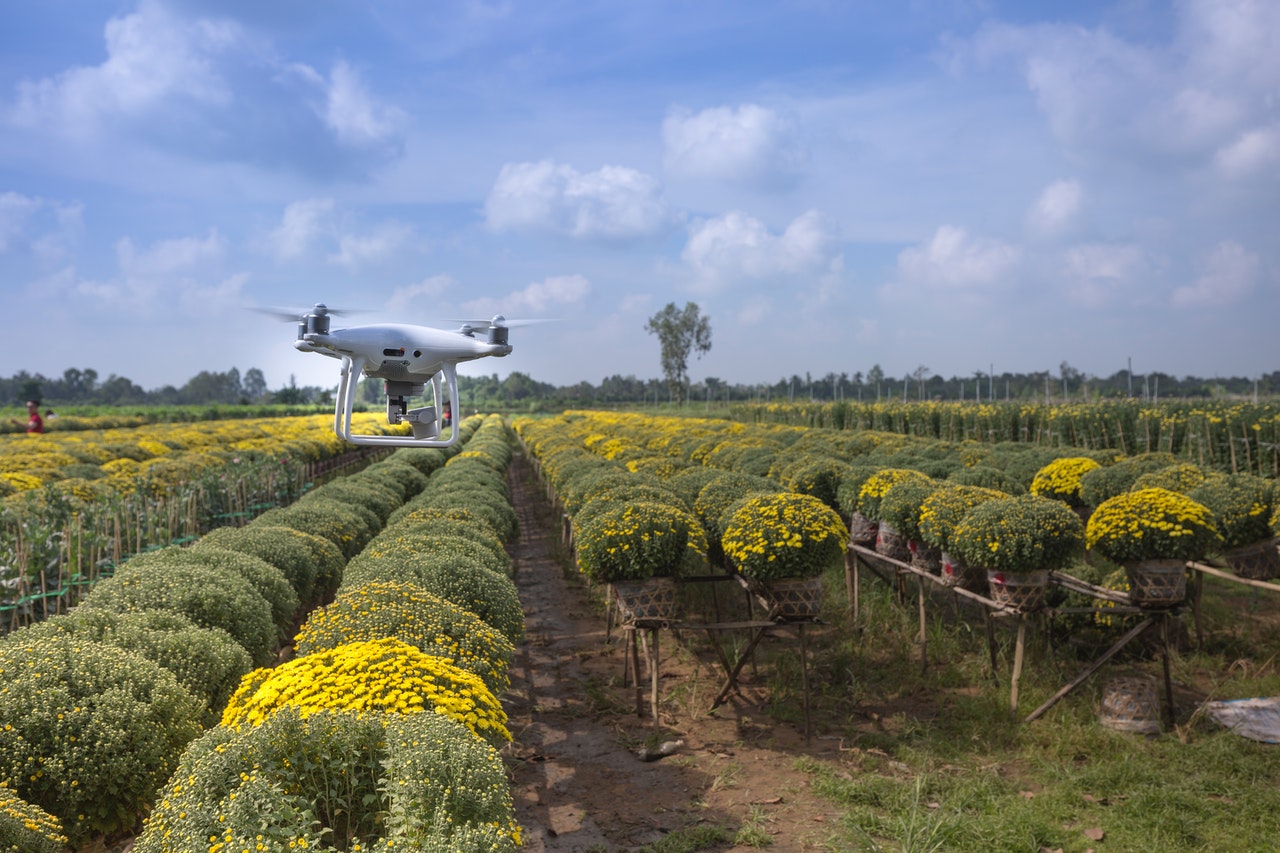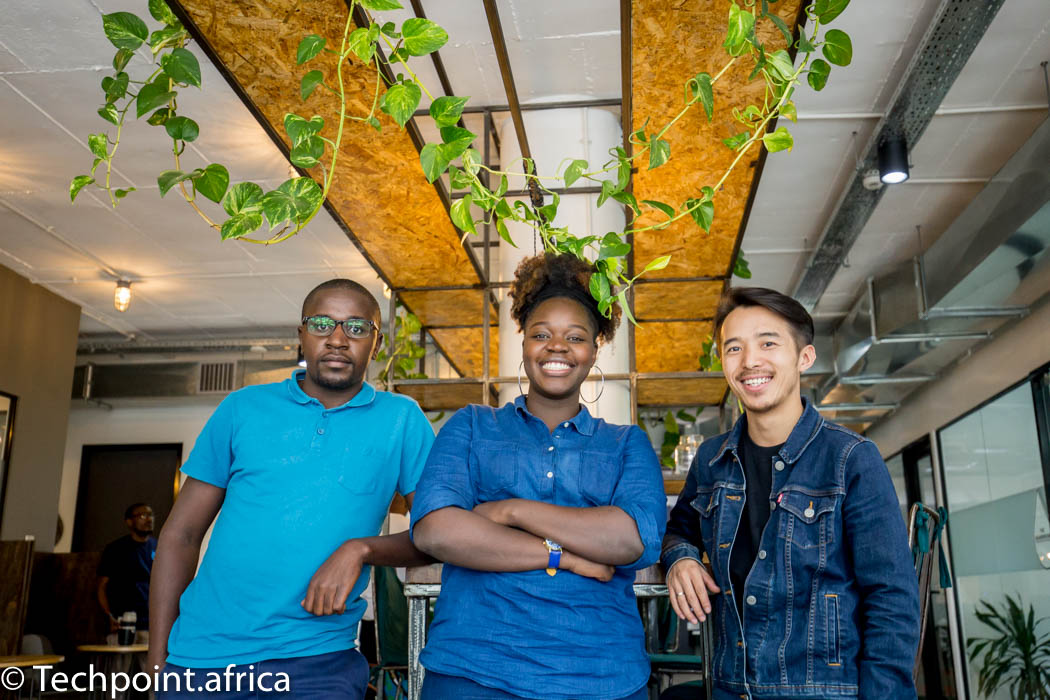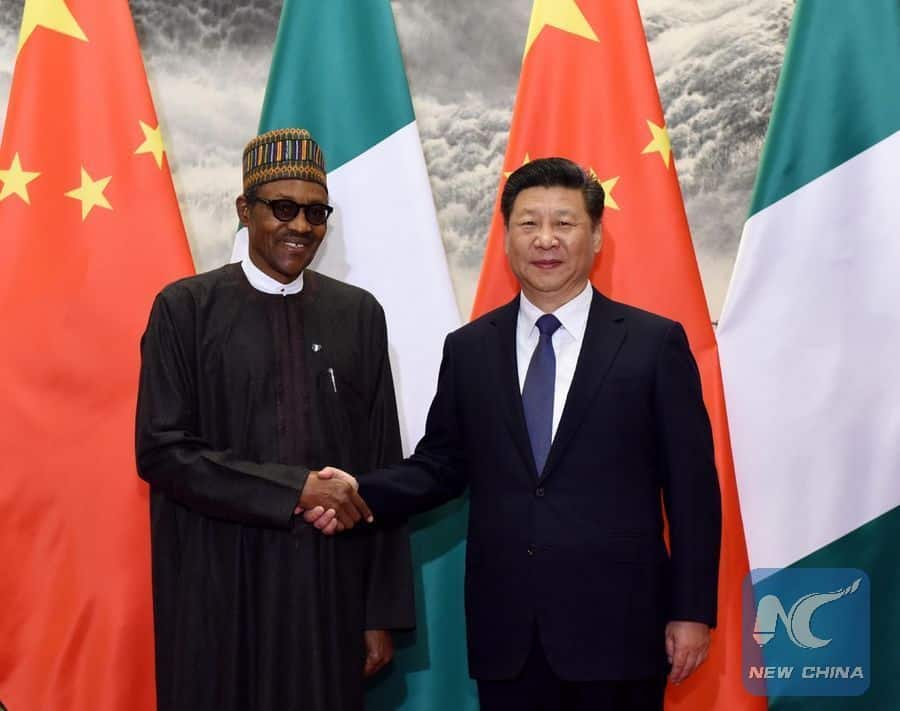In July 2020, residents of Lagos Nigeria could hardly miss digging activities and several multi-coloured pipes in most parts of the city. A little investigation and a chat with some industry heavyweights revealed that this was the first phase of a massive fibre project to deepen Internet connectivity.
Fibre optic cables transmit high-speed Internet and are the main backbone for Nigeria's Internet connectivity among its telecom companies (Telcos) and Internet Service Providers (ISPs).
On Saturday, November 28, 2020, members of the Lagos State cabinet were present at a media roundtable session that sought to review economic activities of the year 2020, and the provisions of the 2021 budget across sectors like agriculture, health, education, transportation, and technology among others.
Olatubosun Alake, Special Adviser to the governor of Lagos State on Technology and innovation clarified the government’s stance on the unified fibre project and what it hopes to achieve.
“The unified fibre project is a multi-year project and we're looking to install a total of 6000km in fibre optic cables. This will come in two phases of 3000km each," he said.
The special adviser confirmed that the government is installing both fibre cables and the infrastructure (fibre ducts) that other companies can latch on in order to expand their network.
"We plan to connect the fibre optic cables to all our public schools and institutions of learning, health centres, and all government offices and parastatals," he explained.
Considering the effects of the pandemic and how it has shifted several businesses and educational services online, this move, if implemented, will be highly significant.
Alake also reveals that the fibre project is the foundation for a larger ambitious goal for a smart city.

Be the smartest in the room
Give it a try, you can unsubscribe anytime. Privacy Policy.
"One of the features of the smart city initiative will be the safe city project where we plan to install over 2000 security cameras that will help monitor crime and manage traffic across the city," he said.
How do the telcos and ISPs factor in?
One of the most pressing issues for most telcos in Nigeria has been right of way charges. A fee the telecom companies pay in order to lay fibre optic cables and expand their Internet services to other locations.
In most states, besides seven, in Nigeria, the cost of right of way has been steep and some charge as high as ₦5,000 per linear metre.
According to Alake, since the unified fibre project will be a dig-once project, it will eliminate issues on the right-of-way for several telcos and ISPs.
If the project is successfully completed, telcos and ISPs do not have to repeatedly dig roads in the state when laying fibre cables or disburse much capital expenditure in order to get it to unserved areas.
According to Alake, the fibre project also ties in with the Federal Government's plan to achieve 70% broadband penetration by 2025.
"It will also democratise access by allowing smaller players easy and less capital intensive entry into the telecom space in Nigeria," he said.
An open data platform?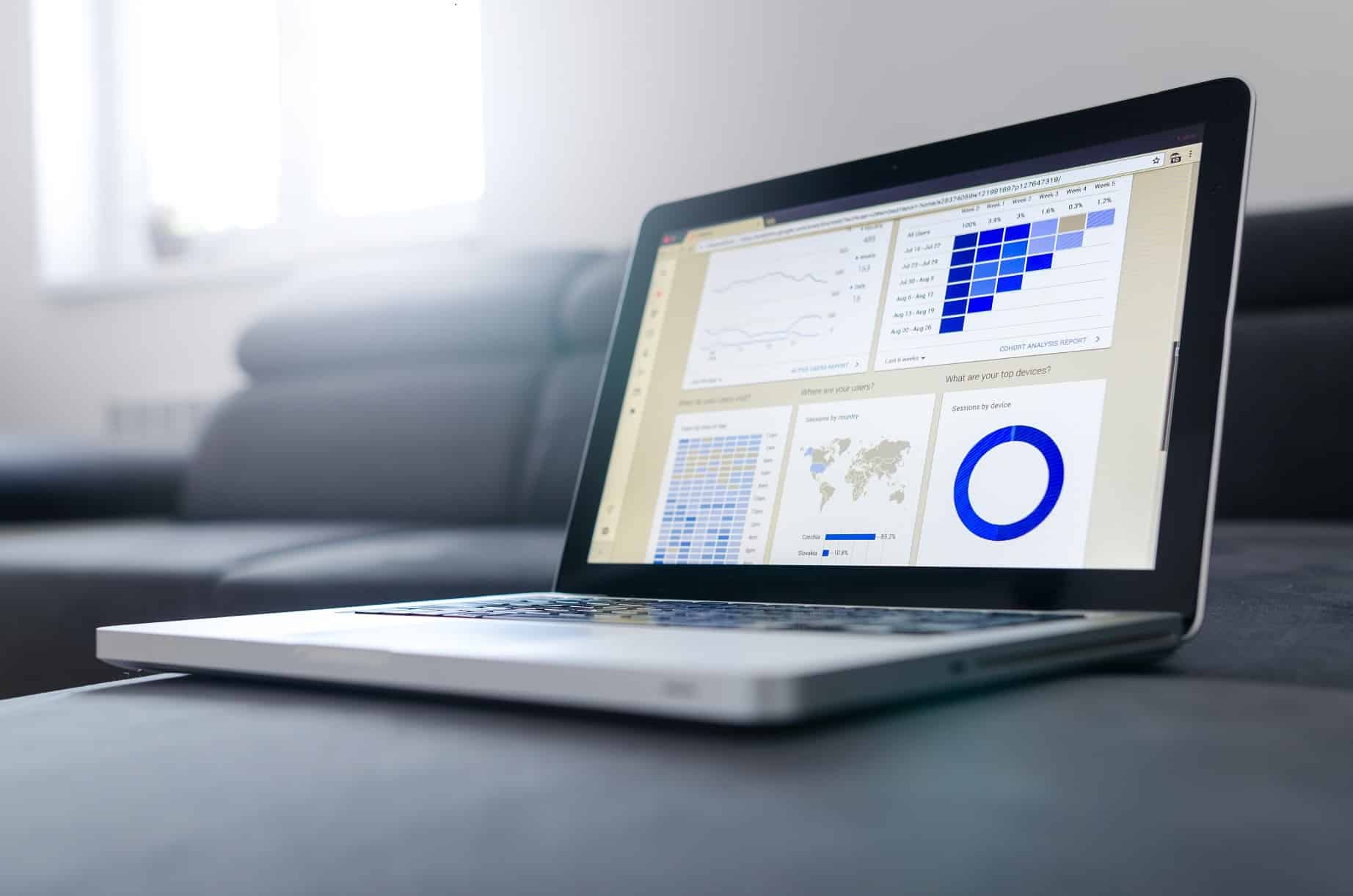
Alake explains that the plans deepen technology adoption in Lagos rest on four major areas; Access, infrastructure, talent, and funding.
Under access, he said the government is working on an open government project which is a data layer project.
"We realise that data is an important component to realise our smart city agenda, and we're constructing a complete data architecture. From when data is generated by user groups all the way to display and use,"
"We are currently digitising millions of data sets and providing a robust architecture that will be able to deliver critical insights into various civic areas in the city,"
This he believes will be beneficial to policymakers, businesses, and to the myriad of budding innovators in the city.
"I might be beneficial for a healthcare software developer to know how many hospitals or how many beds we have. This could help them build better and well-informed products" he said.
Data in most public offices in Nigeria has been mostly paper-based, and in this article, we explored the importance of open data and how it could revamp innovation in Nigeria.
Recall that in May 2020, Nigeria's Information Technology Development Agency (NITDA), ordered public offices to digitise their data. However, the issues with digitising data range from it being costly to infrastructural challenges like power.
Though these initiatives seem laudable, there are still lots of questions and it remains to be seen if they will be successfully implemented. Expect more details going forward.
www.zp-pdl.com http://www.otc-certified-store.com/surgery-medicine-europe.html https://zp-pdl.com http://www.otc-certified-store.com/cancer-medicine-usa.html https://zp-pdl.com/how-to-get-fast-payday-loan-online.php оформить займ на вебманипервый займ бесплатно на киви кошелеквзять долгосрочный займ онлайн

